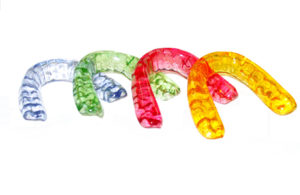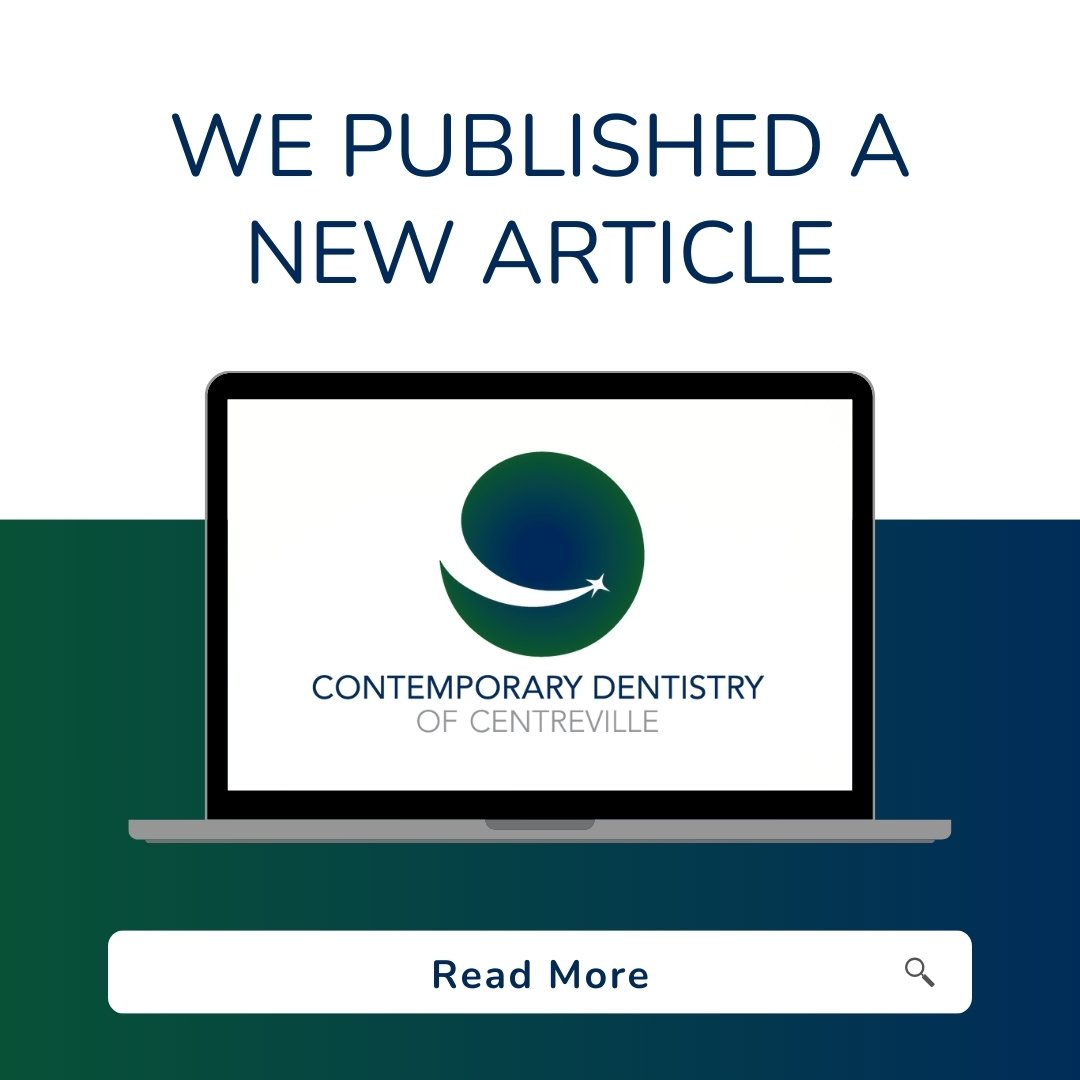Dentist Near Me
 Oral health is important at every stage in life. Just because your children are going to lose their primary (baby) teeth eventually doesn’t mean that we can ignore the importance of dental care. Tooth decay can be painful and uncomfortable to treat. To protect your child’s smile, it is vital to understand optimal preventive care.
Oral health is important at every stage in life. Just because your children are going to lose their primary (baby) teeth eventually doesn’t mean that we can ignore the importance of dental care. Tooth decay can be painful and uncomfortable to treat. To protect your child’s smile, it is vital to understand optimal preventive care.
- Explain the important of routine dental care to your children and turn brushing and flossing into something fun that they look forward to each day.
- Schedule routine appointments to our office for cleanings and dental exams. Your child should start seeing a dentist as soon as their first tooth emerges. Make sure to continue visiting us twice a year for optimal oral health.
- Include crisp and fibrous foods into your child’s diet. Fruits and vegetables high in water content help keep your child’s mouth hydrated. Foods such as apples increase saliva which inhibit bacteria from sticking to their teeth.
- Avoid food and drinks that are high in sugar. Soda, juice and candy are all treats that most children love to eat. However, these can be detrimental to your child’s teeth and overall health.
- Drinking plenty of water throughout the day is one of the easiest and most effective ways to prevent tooth decay. Water flushes bacteria and acid away from teeth. Encourage your children to drink water especially after eating.
- Ask us about dental sealants for your children. Sealants can add a layer of protection to your child’s teeth where bacteria build up to prevent damage.
Tooth decay starts out as a small problem, but left untreated can lead to serious oral health issues. By adding a few minor habits into your daily routine, your child’s oral health can change for the better. Simple changes in diet and routine can keep cavities at bay.
Call us today to schedule an appointment for your child.
5703 Centre Square Drive
Centreville, VA 20120
Email: info@contemporarydentistrycv.com
Phone: (703) 968 7022


 Losing a tooth can make simple tasks difficult. A missing tooth can impact the way you smile, eat, and talk. If your child plays sports, they are at a higher risk for losing a tooth. It is important for them to visit us to discuss potential protective solutions. Mouth guards are a useful tool for keeping your child’s teeth healthy. Here’s what you need to know.
Losing a tooth can make simple tasks difficult. A missing tooth can impact the way you smile, eat, and talk. If your child plays sports, they are at a higher risk for losing a tooth. It is important for them to visit us to discuss potential protective solutions. Mouth guards are a useful tool for keeping your child’s teeth healthy. Here’s what you need to know. A happy smile is a healthy smile! There are a number of steps you can take to keep your smile healthy by reducing your risk of developing tooth decay. Here are a few suggestions from our team.
A happy smile is a healthy smile! There are a number of steps you can take to keep your smile healthy by reducing your risk of developing tooth decay. Here are a few suggestions from our team. Your smile is one of the first things a person will notice when you meet. If you would like to improve your smile with a simple procedure, teeth whitening may be a great option for you, especially if you have stained, dull or discolored teeth. Our dental office is providing teeth whitening services to new and existing patients.
Your smile is one of the first things a person will notice when you meet. If you would like to improve your smile with a simple procedure, teeth whitening may be a great option for you, especially if you have stained, dull or discolored teeth. Our dental office is providing teeth whitening services to new and existing patients. GRINDING OR CLENCHING YOUR teeth is a pretty normal thing to do when you’re annoyed or stressed, and that’s nothing to worry about. However, if you grind your teeth on a more regular basis, whether asleep or awake, it can become a serious problem. This kind of chronic teeth-grinding is known as bruxism.
GRINDING OR CLENCHING YOUR teeth is a pretty normal thing to do when you’re annoyed or stressed, and that’s nothing to worry about. However, if you grind your teeth on a more regular basis, whether asleep or awake, it can become a serious problem. This kind of chronic teeth-grinding is known as bruxism.
 We often have visitors to our office ask about solutions for fixing stained teeth or filling in gaps between teeth. We sometimes suggest veneers. Veneers are one cosmetic option available for correcting your smile. Here’s what you should know about veneers, and whether they are right for you and your smile.
We often have visitors to our office ask about solutions for fixing stained teeth or filling in gaps between teeth. We sometimes suggest veneers. Veneers are one cosmetic option available for correcting your smile. Here’s what you should know about veneers, and whether they are right for you and your smile. Normal flow of saliva provides lubrication for swallowing and begins the process of digestion while you chew. Saliva also protects your teeth by neutralizing and washing away acids, sugars, and other particles left behind after eating. From time to time, we all experience some amount of dry mouth. Hot weather, exercise, and dehydration can all cause a temporary decrease in saliva production. However, if you have chronic dry mouth, or xerostomia, you could be at risk of serious oral health complications.
Normal flow of saliva provides lubrication for swallowing and begins the process of digestion while you chew. Saliva also protects your teeth by neutralizing and washing away acids, sugars, and other particles left behind after eating. From time to time, we all experience some amount of dry mouth. Hot weather, exercise, and dehydration can all cause a temporary decrease in saliva production. However, if you have chronic dry mouth, or xerostomia, you could be at risk of serious oral health complications. Do you brush your teeth after lunch? If you’re one of the millions of people who work outside the home, chances are you don’t have the time or resources to brush during the day. However, not being able to brush doesn’t mean you can’t protect your teeth at work.
Do you brush your teeth after lunch? If you’re one of the millions of people who work outside the home, chances are you don’t have the time or resources to brush during the day. However, not being able to brush doesn’t mean you can’t protect your teeth at work.









